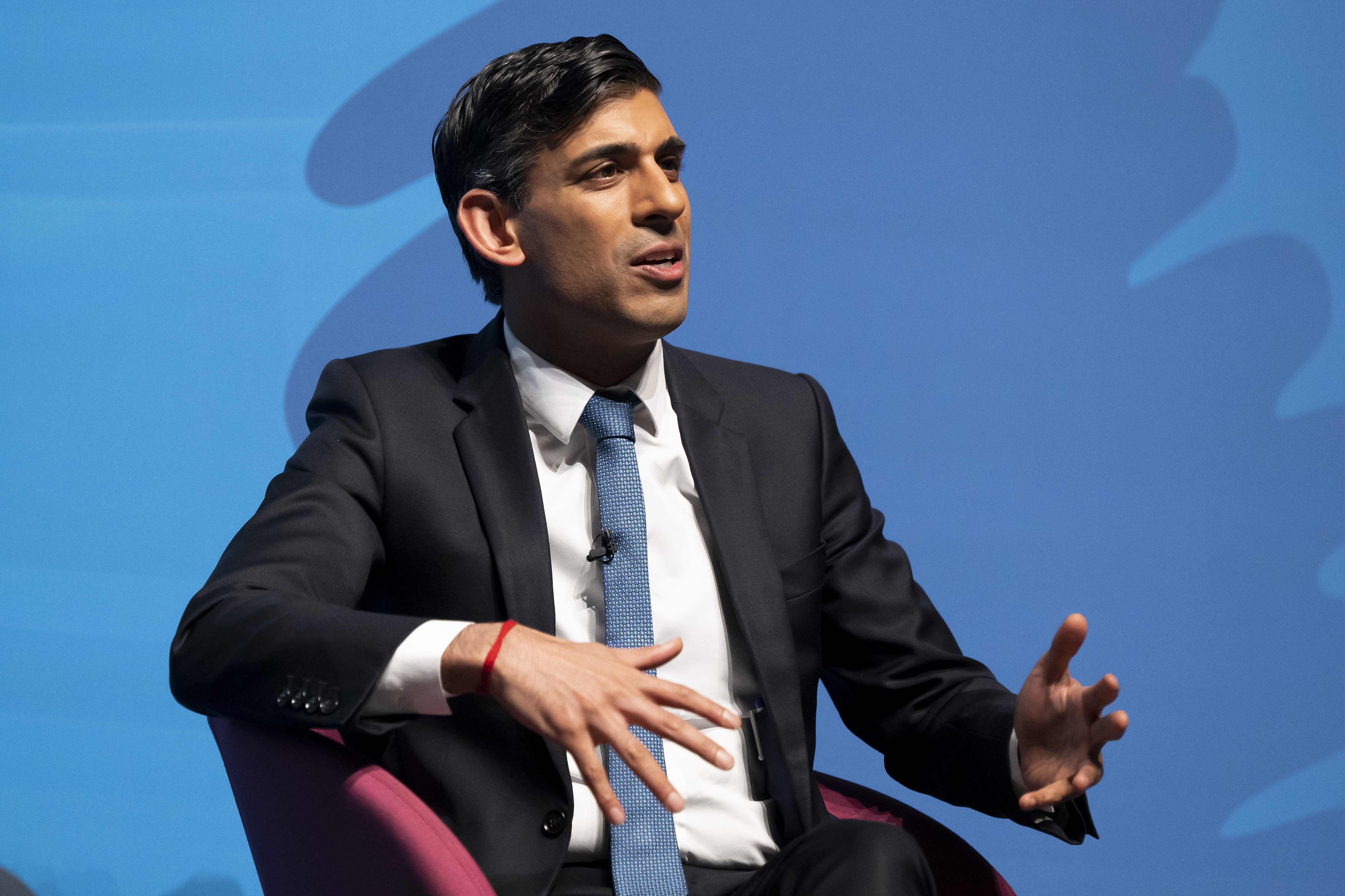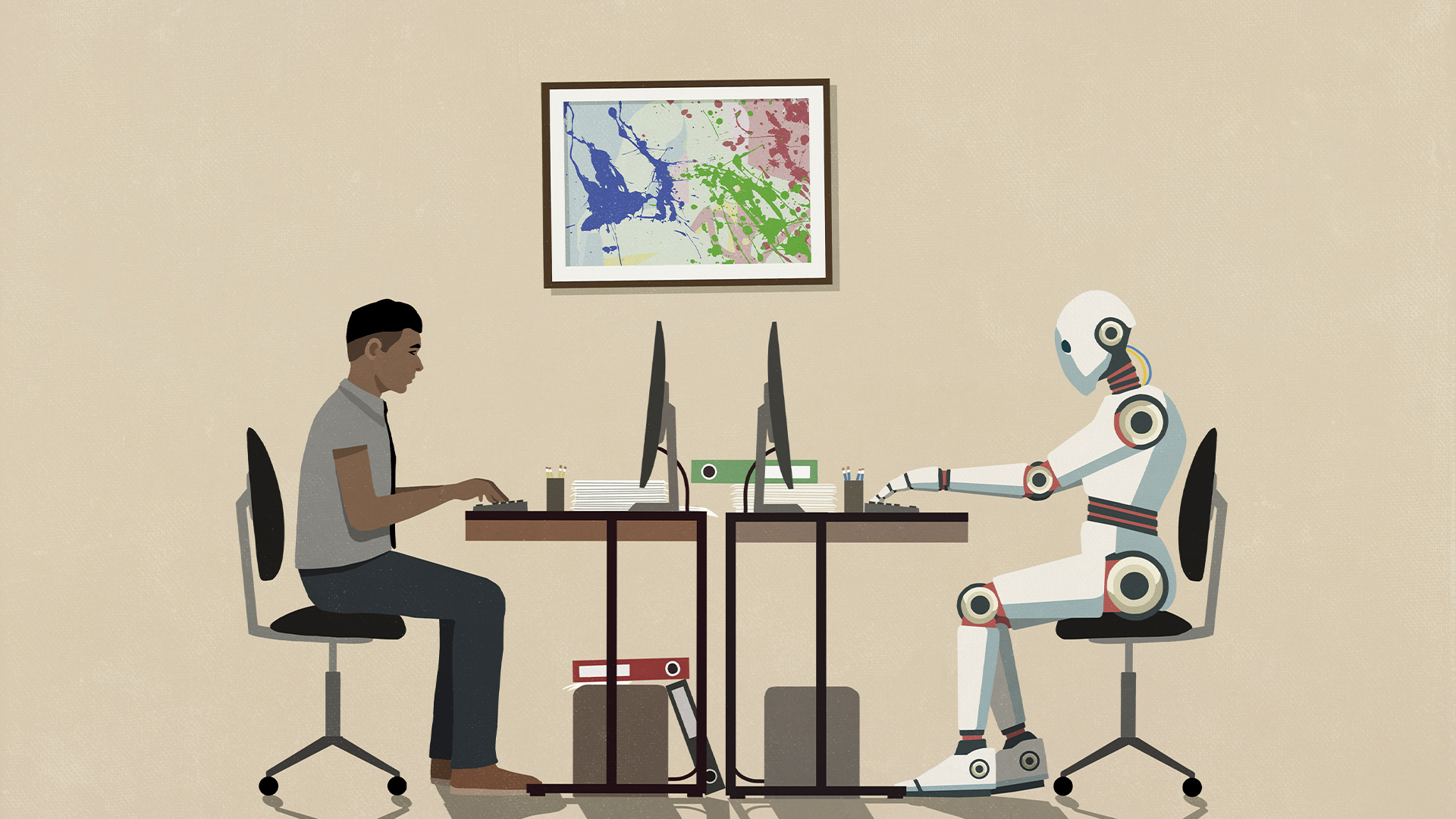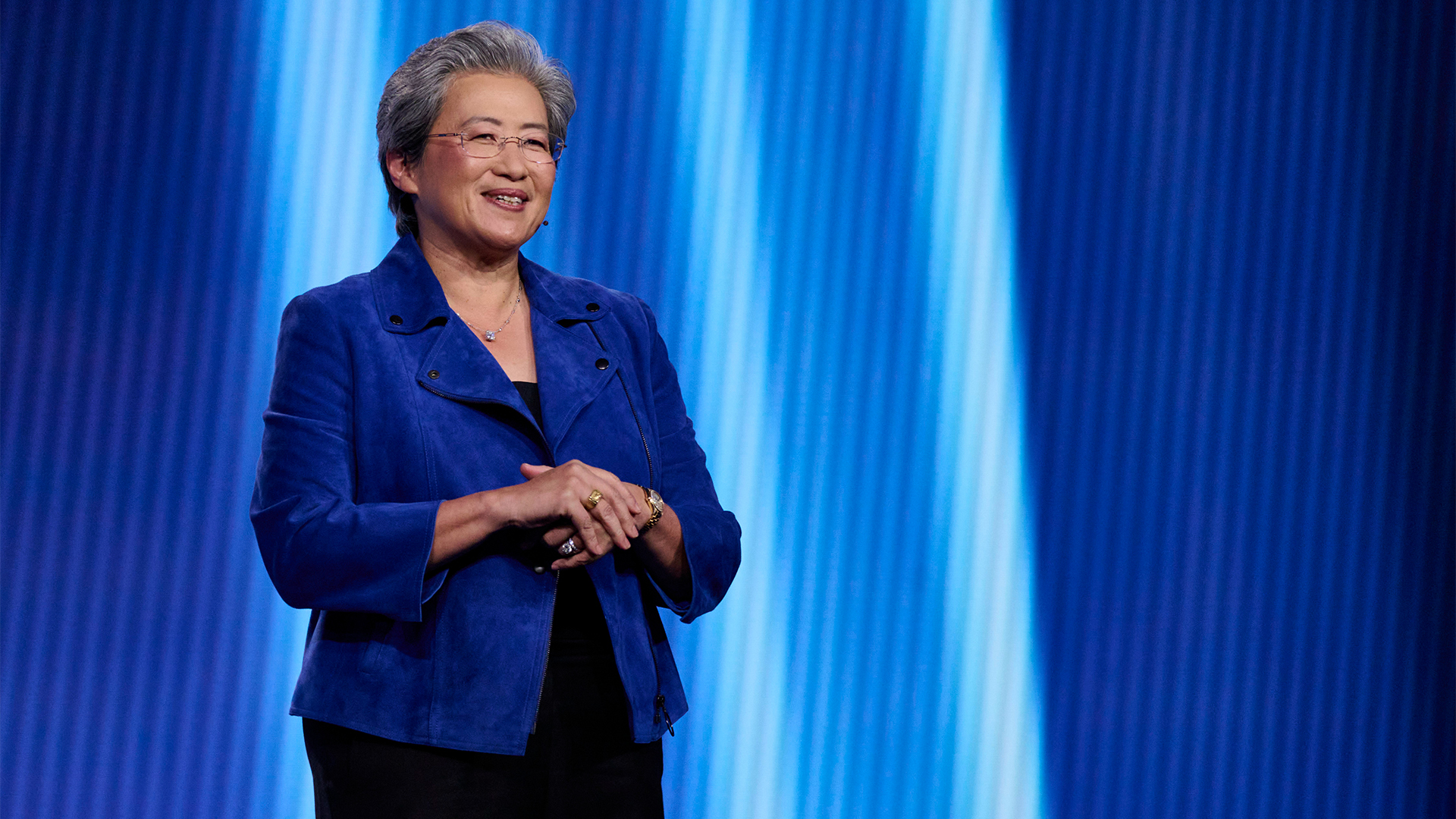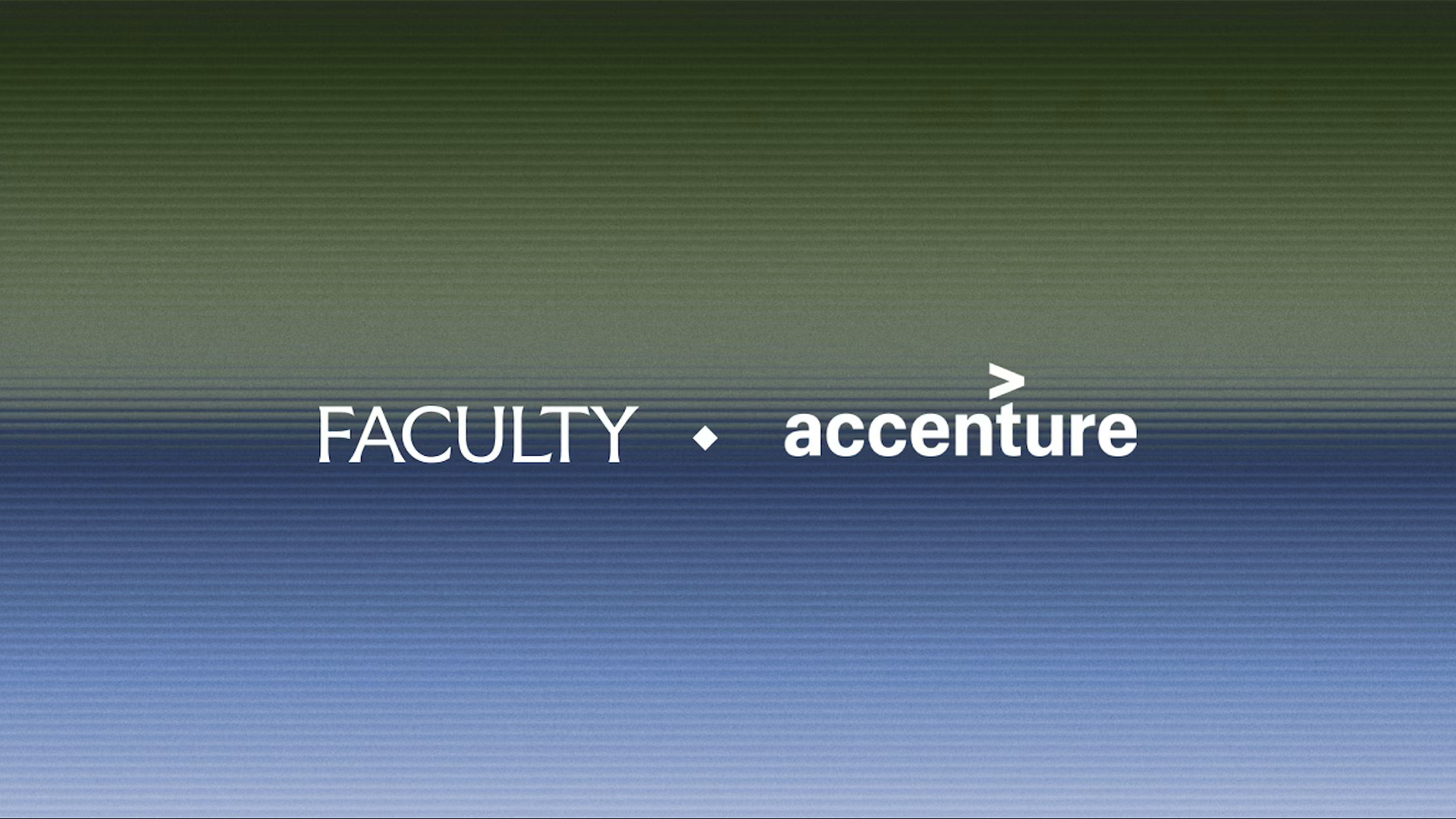Bletchley Declaration draws cautious approval
AI safety agreement garners international support, but some believe it needs more specificity


The UK, US, European Union (EU), India and China are amongst 28 countries and governments to sign up to the Bletchley Declaration on AI safety, announced on 1 November at the UK's AI Summit.
The agreement recognises that so-called frontier AI technology, such generative AI chatbots and image generators, has “potential for serious, even catastrophic, harm, either deliberate or unintentional". It outlines three key areas of risk: Cybersecurity, biotechnology, and disinformation.
It says risks are best addressed through international cooperation, with participating nations agreeing to work together to support a network of scientific research on AI safety.
"This is a landmark achievement that sees the world’s greatest AI powers agree on the urgency behind understanding the risks of AI – helping ensure the long-term future of our children and grandchildren," said UK prime minister Rishi Sunak.
"The UK is once again leading the world at the forefront of this new technological frontier by kickstarting this conversation, which will see us work together to make AI safe and realise all its benefits for generations to come."
The agreement has received tentative approval from the UK tech sector, with Rashik Parmar, CEO of BCS, saying that it takes a more positive view of the potential of AI than expected.
"I’m also pleased to see a focus on AI issues that are a problem today – particularly disinformation, which could result in personalised fake news during the next election – we believe this is more pressing than speculation about existential risk," he added.
Sign up today and you will receive a free copy of our Future Focus 2025 report - the leading guidance on AI, cybersecurity and other IT challenges as per 700+ senior executives
"The emphasis on global cooperation is vital to minimise differences in how countries regulate AI."
Amanda Brock, CEO of OpenUK, said the agreement will need hard practicalities baked in, and is calling for the open source software and open data business communities to be included.
RELATED RESOURCE

Analyzing the economic benefits of Trend Micro Vision One
Discover how the XDR Workbench enables alert prioritization based on security scores
DOWNLOAD NOW
"Their input will help to appropriately shape the transparency called for in the Declaration alongside the internationally inclusive, collaborative cross border research and innovation and international co-operation in an open manner," she said.
Joseph Thacker, researcher at SaaS security firm AppOmni, was less confident, however.
"The biggest challenge is that the open source ecosystem is really close to enterprises when it comes to making frontier AI," he said.
"And the open source ecosystem isn't going to adhere to these guidelines – developers in their basement aren't going to be fully transparent with their respective governments."
The Bletchley Declaration isn't the only game in town, though. US secretary of commerce Gina Raimondo used the summit to announce a new US-led international AI safety institute.
Just two days before the conference kicked off, on 30 October, US president Joe Biden signed an executive order, described by the White House as “the most significant actions ever taken by any government to advance the field of AI safety”, requiring AI firms to report the risks their technology could pose.
The EU is already in the process of passing its AI Act and, on the same day Biden signed his executive order, the G7 agreed a set of guiding principles for AI and a voluntary code of conduct for AI developers.
The challenge, most agree, will be to ensure that future international efforts are focused on practical measures.
"The test will be seeing cooperation on the concrete governance steps that need to follow," said Seán Ó hÉigeartaigh, programme director of AI: futures and responsibility at the University of Cambridge.
"I hope to see the next summit in South Korea forge a consensus around international standards and monitoring, including establishing a shared understanding of which standards must be international, and which can be left to national discretion," he added.
Emma Woollacott is a freelance journalist writing for publications including the BBC, Private Eye, Forbes, Raconteur and specialist technology titles.
-
 Everything we know so far about the Nike data breach
Everything we know so far about the Nike data breachNews Hackers behind the WorldLeaks ransomware group claim to have accessed sensitive corporate data
-
 Morgan Stanley research warns AI is having a huge impact on jobs
Morgan Stanley research warns AI is having a huge impact on jobsNews Analysis of five sectors highlights an "early warning sign" of AI’s impact on jobs
-
 Business leaders are using AI as a “license to reduce headcount” – new Morgan Stanley research lays bare the impact on UK workers
Business leaders are using AI as a “license to reduce headcount” – new Morgan Stanley research lays bare the impact on UK workersNews Analysis of five sectors highlights an "early warning sign" of AI’s impact on jobs
-
 Lloyds Banking Group wants to train every employee in AI by the end of this year – here's how it plans to do it
Lloyds Banking Group wants to train every employee in AI by the end of this year – here's how it plans to do itNews The new AI Academy from Lloyds Banking Group looks to upskill staff, drive AI use, and improve customer service
-
 CEOs are fed up with poor returns on investment from AI: Enterprises are struggling to even 'move beyond pilots' and 56% say the technology has delivered zero cost or revenue improvements
CEOs are fed up with poor returns on investment from AI: Enterprises are struggling to even 'move beyond pilots' and 56% say the technology has delivered zero cost or revenue improvementsNews Most CEOs say they're struggling to turn AI investment into tangible returns and failing to move beyond exploratory projects
-
 Companies continue to splash out on AI, despite disillusionment with the technology
Companies continue to splash out on AI, despite disillusionment with the technologyNews Worldwide spending on AI will hit $2.5 trillion in 2026, according to Gartner, despite IT leaders wallowing in the "Trough of Disillusionment" – and spending will surge again next year.
-
 A new study claims AI will destroy 10.4 million roles in the US by 2030, more than the number of jobs lost in the Great Recession – but analysts still insist there won’t be a ‘jobs apocalypse’
A new study claims AI will destroy 10.4 million roles in the US by 2030, more than the number of jobs lost in the Great Recession – but analysts still insist there won’t be a ‘jobs apocalypse’News A frantic push to automate roles with AI could come back to haunt many enterprises, according to Forrester
-
 Businesses aren't laying off staff because of AI, they're using it as an excuse to distract from 'weak demand or excessive hiring'
Businesses aren't laying off staff because of AI, they're using it as an excuse to distract from 'weak demand or excessive hiring'News It's sexier to say AI caused redundancies than it is to admit the economy is bad or overhiring has happened
-
 Lisa Su says AI is changing AMD’s hiring strategy – but not for the reason you might think
Lisa Su says AI is changing AMD’s hiring strategy – but not for the reason you might thinkNews AMD CEO Lisa Su has revealed AI is directly influencing recruitment practices at the chip maker but, unlike some tech firms, it’s led to increased headcount.
-
 Accenture acquires Faculty, poaches CEO in bid to drive client AI adoption
Accenture acquires Faculty, poaches CEO in bid to drive client AI adoptionNews The Faculty acquisition will help Accenture streamline AI adoption processes
